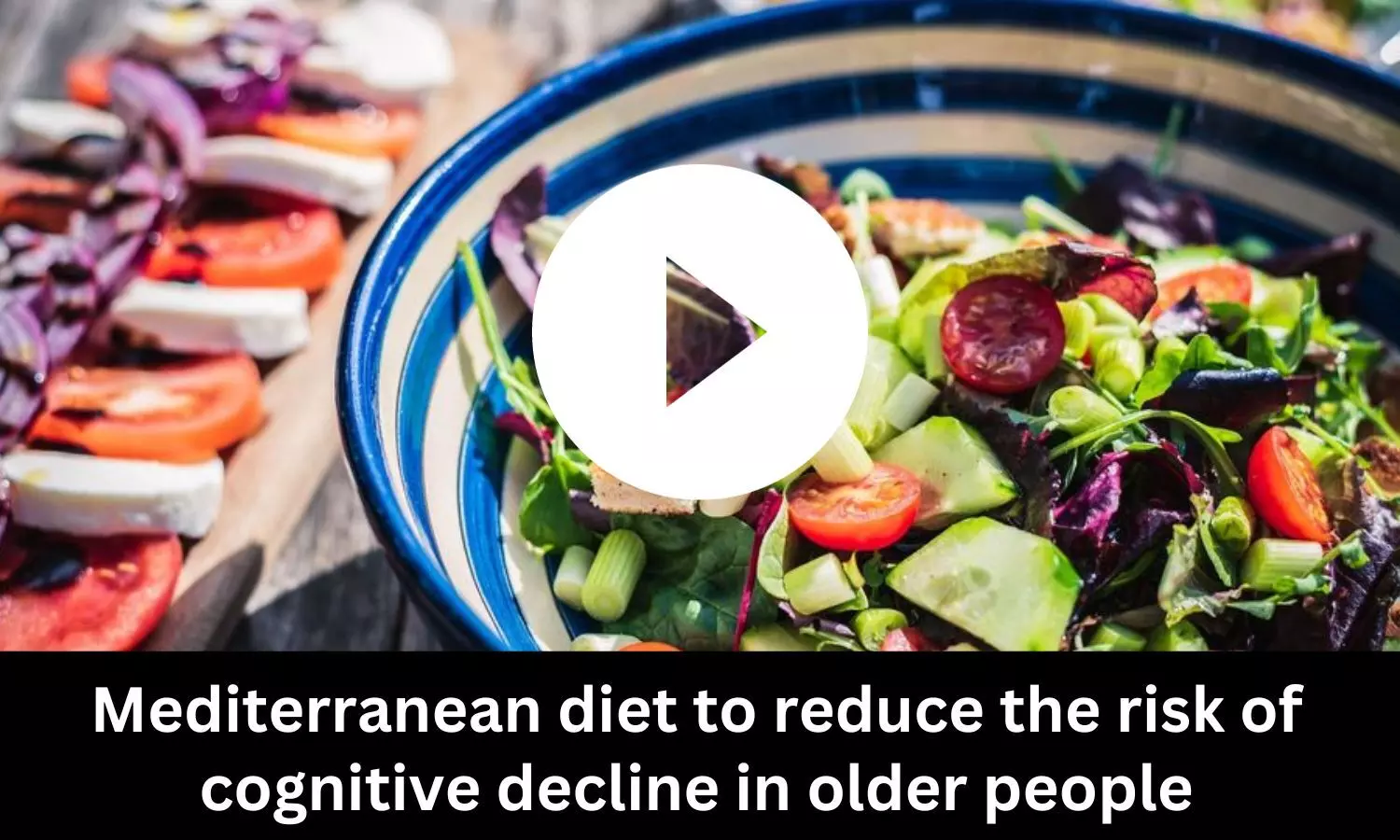- Home
- Medical news & Guidelines
- Anesthesiology
- Cardiology and CTVS
- Critical Care
- Dentistry
- Dermatology
- Diabetes and Endocrinology
- ENT
- Gastroenterology
- Medicine
- Nephrology
- Neurology
- Obstretics-Gynaecology
- Oncology
- Ophthalmology
- Orthopaedics
- Pediatrics-Neonatology
- Psychiatry
- Pulmonology
- Radiology
- Surgery
- Urology
- Laboratory Medicine
- Diet
- Nursing
- Paramedical
- Physiotherapy
- Health news
- Fact Check
- Bone Health Fact Check
- Brain Health Fact Check
- Cancer Related Fact Check
- Child Care Fact Check
- Dental and oral health fact check
- Diabetes and metabolic health fact check
- Diet and Nutrition Fact Check
- Eye and ENT Care Fact Check
- Fitness fact check
- Gut health fact check
- Heart health fact check
- Kidney health fact check
- Medical education fact check
- Men's health fact check
- Respiratory fact check
- Skin and hair care fact check
- Vaccine and Immunization fact check
- Women's health fact check
- AYUSH
- State News
- Andaman and Nicobar Islands
- Andhra Pradesh
- Arunachal Pradesh
- Assam
- Bihar
- Chandigarh
- Chattisgarh
- Dadra and Nagar Haveli
- Daman and Diu
- Delhi
- Goa
- Gujarat
- Haryana
- Himachal Pradesh
- Jammu & Kashmir
- Jharkhand
- Karnataka
- Kerala
- Ladakh
- Lakshadweep
- Madhya Pradesh
- Maharashtra
- Manipur
- Meghalaya
- Mizoram
- Nagaland
- Odisha
- Puducherry
- Punjab
- Rajasthan
- Sikkim
- Tamil Nadu
- Telangana
- Tripura
- Uttar Pradesh
- Uttrakhand
- West Bengal
- Medical Education
- Industry
Dietary Choices May Impact Amyotrophic Lateral Sclerosis Progression

In a groundbreaking investigation, researchers have uncovered a potential connection between dietary choices and the progression of amyotrophic lateral sclerosis (ALS), a neurodegenerative disease that affects nerve cells in the brain and spinal cord. They discovered a potential link between dietary glycemic index and disease progression where elevated glycemic index and load caused a less rapid decline in the ALS functional rating scale at a 3-month follow-up
The study results were published in the journal Annals of Neurology.
While high-caloric diets have been suggested to potentially impede the progression of amyotrophic lateral sclerosis (ALS), the specific macronutrients responsible for this effect remain unknown. Hence, researchers sought to determine the association between dietary macronutrients and the rate of ALS progression and survival duration in participants of a prospective cohort study. The study, which involved 304 participants with confirmed sporadic ALS, focused on the impact of macronutrients on the rate of disease progression and length of survival.
Published in a prospective cohort study, the research aimed to identify key macronutrients associated with the rate of ALS progression and survival length. Previous studies have suggested that high-caloric diets might slow the progression of ALS, but this study delves into the specific macronutrients that may play a crucial role.
The participants, all diagnosed with sporadic ALS, were enrolled in the Multicenter Cohort Study of Oxidative Stress. The researchers assessed baseline macronutrient intake using a food frequency questionnaire and then analyzed the data in relation to the change in the revised ALS functional rating scale total score and tracheostomy-free survival.
Results:
- The findings revealed a significant association between baseline higher glycemic index and glycemic load and a less pronounced decline in the revised ALS functional rating scale total score at the 3-month follow-up.
- Specifically, participants with higher glycemic index and load exhibited a slower rate of decline in comparison to those with lower values.
- Moreover, the study identified quartile groups, with the second, third, and fourth quartiles of glycemic index associated with less decline at the 3-month mark compared to the first quartile.
- Similar trends were observed for glycemic load, with the fourth quartile showing less decline than the first quartile, though the results were slightly less pronounced.
- Beyond the impact on the ALS functional rating scale, the research explored the relationship between dietary glycemic index and tracheostomy-free survival.
- While there was a trend toward longer tracheostomy-free survival associated with higher glycemic index, the results were not as definitive.
The study's lead author emphasized the potential implications of these findings for individuals with ALS. Higher dietary glycemic index and load were linked to slower disease progression, offering a glimmer of hope for patients and healthcare providers seeking ways to manage and potentially slow down the impact of this debilitating disease. These results contribute valuable insights into the complex interplay between diet and ALS progression, providing a foundation for further research and potential interventions. As scientists continue to unravel the mysteries of neurodegenerative diseases, this study opens new avenues for understanding and addressing the multifaceted nature of ALS.
Further reading: Higher glycemic index and glycemic load diet is associated with slower disease progression in amyotrophic lateral sclerosis. https://doi.org/10.1002/ana.26825
BDS, MDS
Dr.Niharika Harsha B (BDS,MDS) completed her BDS from Govt Dental College, Hyderabad and MDS from Dr.NTR University of health sciences(Now Kaloji Rao University). She has 4 years of private dental practice and worked for 2 years as Consultant Oral Radiologist at a Dental Imaging Centre in Hyderabad. She worked as Research Assistant and scientific writer in the development of Oral Anti cancer screening device with her seniors. She has a deep intriguing wish in writing highly engaging, captivating and informative medical content for a wider audience. She can be contacted at editorial@medicaldialogues.in.
Dr Kamal Kant Kohli-MBBS, DTCD- a chest specialist with more than 30 years of practice and a flair for writing clinical articles, Dr Kamal Kant Kohli joined Medical Dialogues as a Chief Editor of Medical News. Besides writing articles, as an editor, he proofreads and verifies all the medical content published on Medical Dialogues including those coming from journals, studies,medical conferences,guidelines etc. Email: drkohli@medicaldialogues.in. Contact no. 011-43720751




